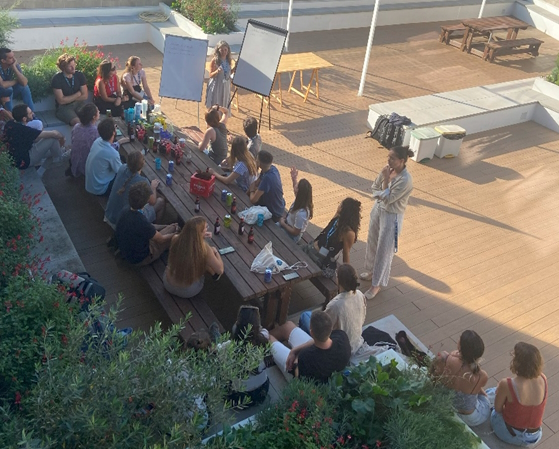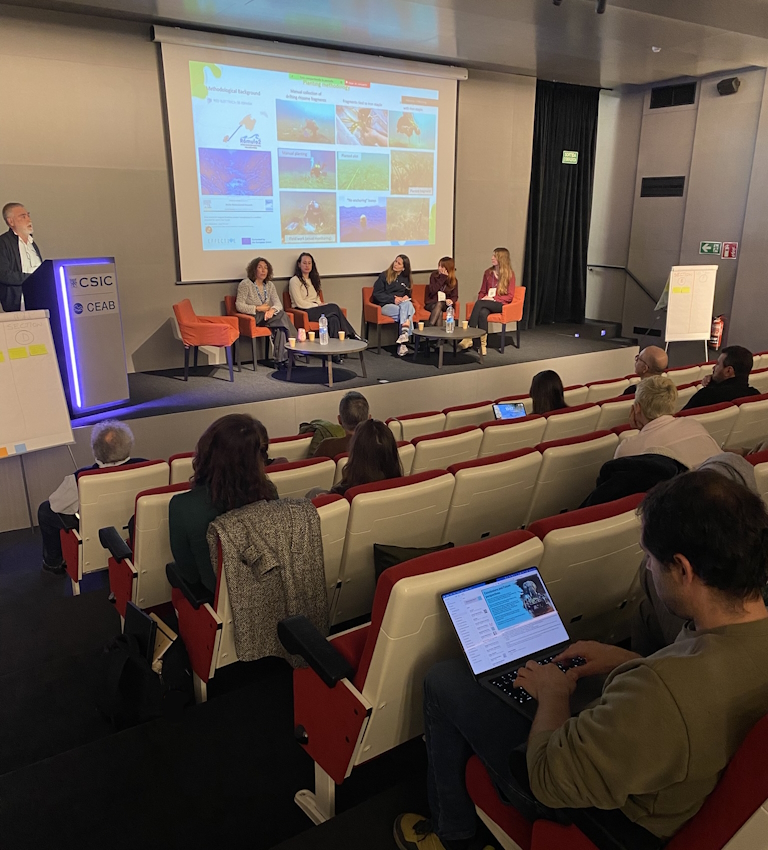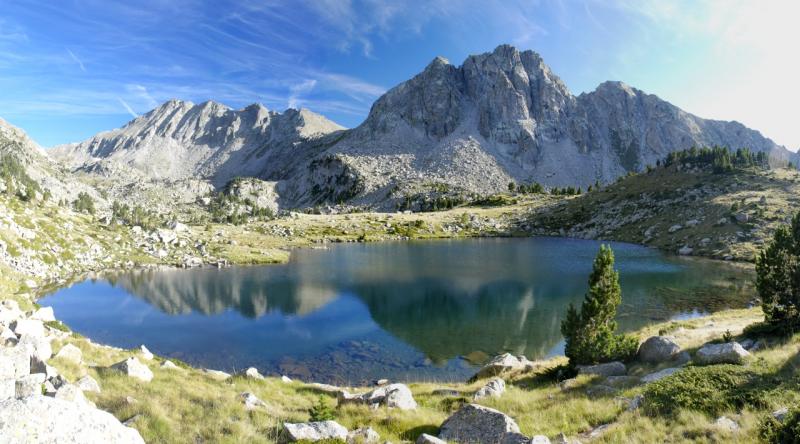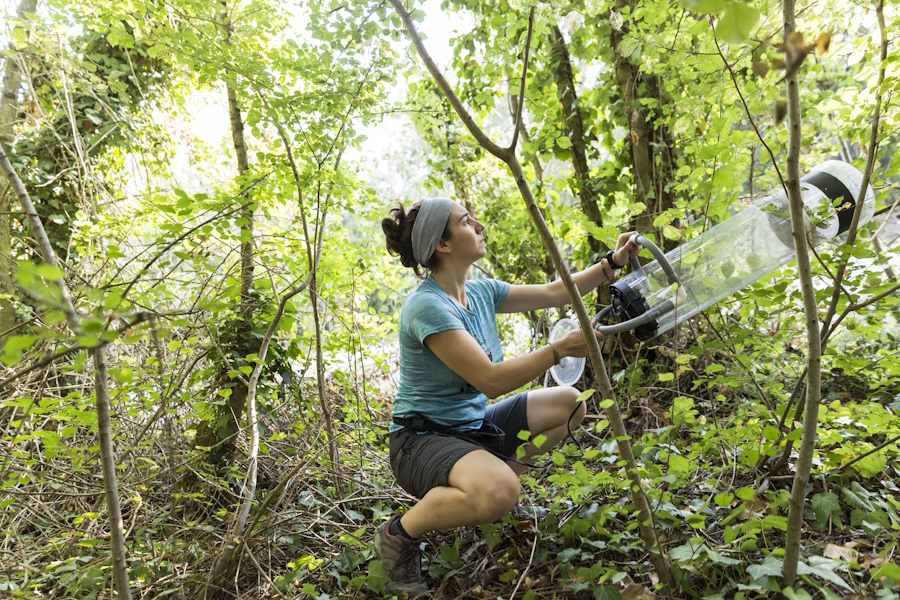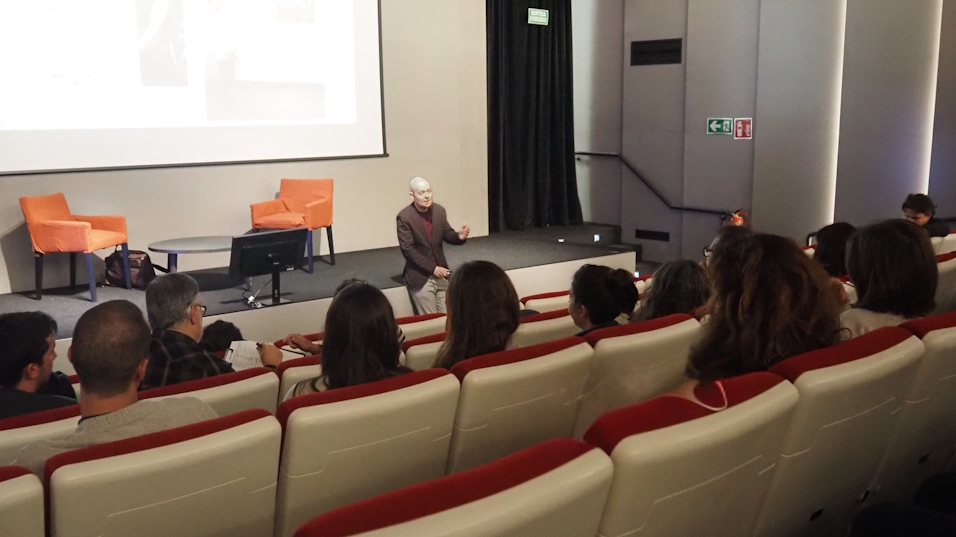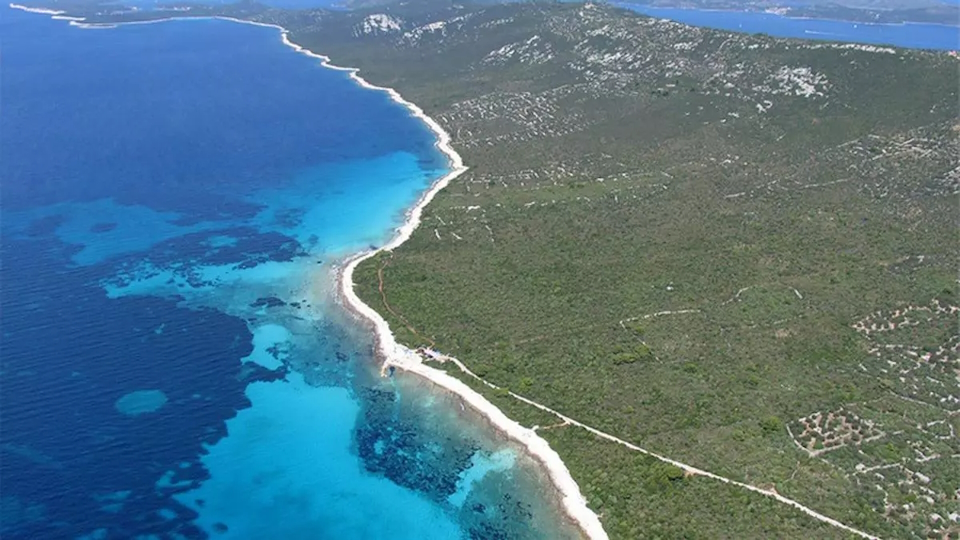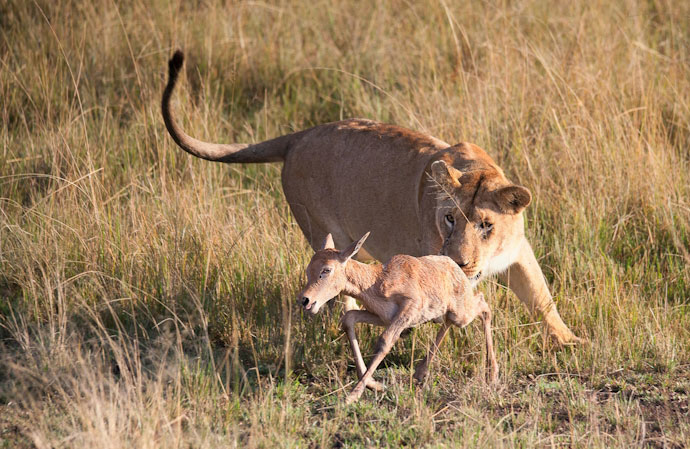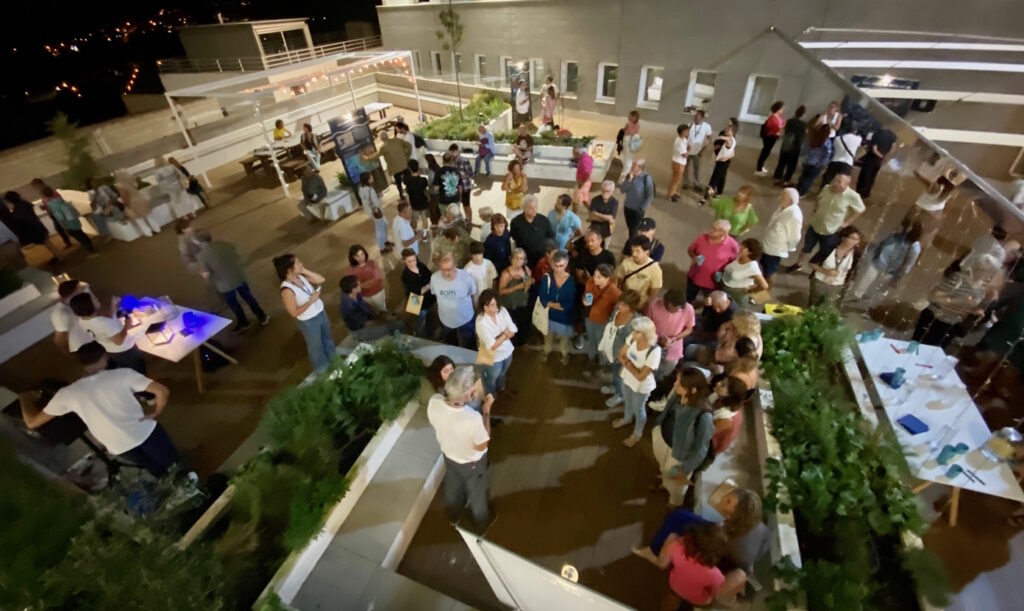The PhD Symposium, held on September 26 and 27 at the CEAB-CSIC headquarters, brought together around seventy doctoral students and researchers from universities and research centers, primarily in Catalonia. It provided doctoral candidates with the opportunity to share their work and receive constructive feedback from a distinguished international panel regarding their research and public presentation skills.
The event included the group activity “Pursuing a PhD: Open Discussion of Challenges and Opportunities,” which created a safe space for open dialogue. In this session, doctoral candidates shared their experiences in conducting their theses, discussing positive and negative aspects, as well as resources that can help navigate the demanding path of doctoral studies.
“Pursuing a PhD” was divided into two parts: in the first, senior researchers shared personal experiences as former doctoral students, offering perspectives to help participants contextualize their own academic journeys. In the second part, students were encouraged to discuss their challenges and concerns, fostering a sense of community and mutual support.
The organizers designed this activity with the following objectives:
- To provide doctoral candidates with additional perspectives to better understand their experiences.
- To create a safe environment for openly discussing issues and concerns.
- To help participants recognize the benefits or privileges of being in a doctoral program.
Topics Addressed in the Activity
The discussions among doctoral students covered a wide range of issues, from academic pressures to personal challenges faced at this stage. They were asked to identify key points, compiling lists of the most notable positive and negative aspects. Here are the highlights:
- Positive aspects:
- Creative Freedom: The academic environment offers great freedom to explore new ideas. This autonomy allows for experimentation with innovative methodologies and the formulation of original questions without the limitations imposed by more market-oriented sectors.
- Continuous Learning: This environment also provides numerous opportunities for ongoing learning and intellectual growth.
- Flexible Schedule: Many participants appreciated the flexibility to adapt their working hours to their personal needs.
- Stimulating Environment: Working in an intellectually stimulating and rich environment was a positive aspect highlighted by many students.
- Interesting Interactions: Doctoral candidates value the opportunity to interact with interesting and inspiring people.
- Personal Development: This period allows for significant personal growth.
- Negative aspects:
- Impostor Syndrome: Many students acknowledged suffering from “impostor syndrome,” exacerbated by the competitive environment.
- Work-Life Balance: Difficulties in reconciling personal and professional life, especially regarding disconnection from work, were a recurring theme.
- Hyperconnectivity: The current work system, with all the social media and various forms of communication, makes it almost impossible to disconnect from work. The issue of receiving messages from supervisors outside of work hours was raised.
- Relationship with Supervisors: Several participants reported issues with their supervisors, from communication difficulties to conflicts arising from dependence on the advisor’s opinion.
- Recognition of Merit: The difficulty in accepting that some individuals receive recognition for work without having contributed.
- Job Insecurity: Low salaries and job insecurity contribute to financial stress at this stage of life.
- High Competition: Navigating a highly competitive and demanding academic environment is another significant challenge identified.
- Power Hierarchies: The hierarchical structure of the academic world sometimes results in abuses of power.
- Isolation: Some participants expressed feelings of loneliness, working in isolation with little interaction with peers.
- Professional Future Beyond Academia: Students also expressed a desire for more guidance on how to continue in the scientific world without needing to be a Principal Investigator.
Proposals to Improve the Doctoral Journey
From the “Pursuing a PhD” activity, two key recommendations emerged:
- The creation of a “Welcome Document” for new doctoral candidates, containing key information about the research institute and guidance on how to handle unexpected situations, such as harassment or abuse of power.
- The development of a “Mutual Expectations Agreement” between the doctoral candidate and their supervisor, clearly defining expectations from the outset of the doctoral journey.
Additionally, it was agreed to collect information on best practices already applied in international universities and research centers regarding the management of relationships between students and supervisors.
The organizers highly valued the event for providing the opportunity to speak openly about issues that are often difficult to address in daily academic life, as well as for the relaxed atmosphere that fostered sincere discussions and the collection of valuable ideas to improve the experiences of doctoral candidates.
Participants in “Pursuing a PhD” came from: Universitat de Girona, Universitat de Vic, Universitat de Barcelona, Universitat Pompeu Fabra, Institut de Ciències del Mar, Institut de Biologia Evolutiva, Centre de Recerca Ecològica i Aplicacions Forestals, Museu de Granollers, and the Centre d’Estudis Avançats de Blanes.

